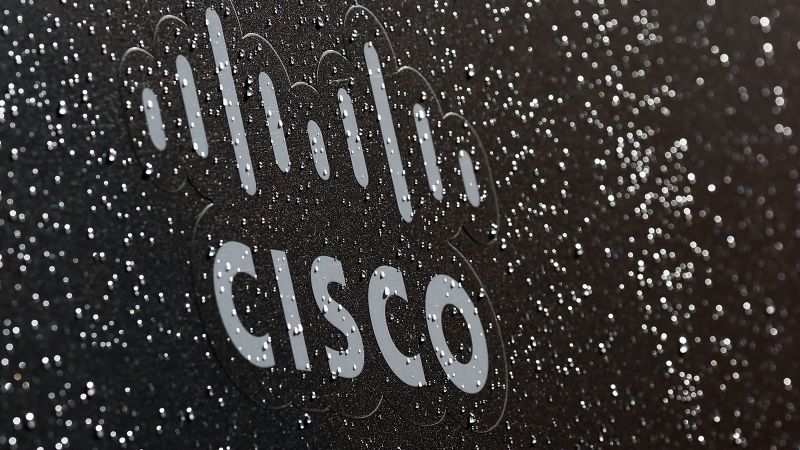Microsoft’s Shocking Move: Cutting Ties with Israeli Military Amid Civilians' Struggles!

In a stunning turn of events, Microsoft has decided to pull back some of its software usage by the Israeli military, following a whirlwind of investigations triggered by alarming reports about the company's role in civilian surveillance.
As the world's largest software company, Microsoft found itself at the center of a storm, facing intense scrutiny from both the media and its own employees. The concern? Allegations that its software facilitated the surveillance of innocent civilians amidst the ongoing conflict in Gaza. Reports from the Guardian revealed that Israeli forces had intercepted millions of phone calls from Palestinians, storing this sensitive data on Microsoft’s cloud servers, and using it to pinpoint bombing targets.
In an official statement released by Microsoft president Brad Smith, the company acknowledged its findings: some evidence suggested that data related to mass surveillance was indeed being stored on their infrastructure. As a result, they informed the Israeli Ministry of Defense that they would cease certain subscriptions and disable specific services, particularly those linked to cloud storage and AI technologies.
Despite this significant step, Smith emphasized that this decision wouldn’t hinder Microsoft’s commitment to cybersecurity work in Israel and the surrounding regions. “This does not impact the important work that Microsoft continues to do to protect the cybersecurity of Israel and other countries in the Middle East,” he stated in his blog post.
The backlash against Microsoft had been bubbling for nearly a year, driven by protests from employees and activists alike. A particularly notable protest occurred in August when demonstrators occupied Smith’s office, leading to several arrests. The discontent among Microsoft staff highlighted a moral dilemma: the clash between corporate partnerships and ethical responsibilities.
As the tech giant navigates this complex landscape, a full review of its operations in Israel is still underway, raising critical questions about the intersection of technology, ethics, and global conflict.























